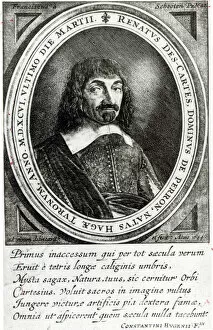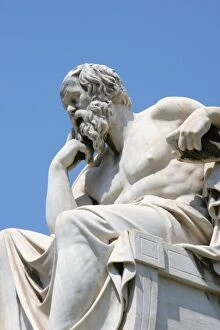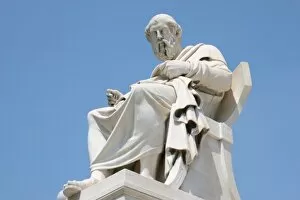Epistemology Collection
Epistemology, the study of knowledge and its acquisition, has been a central concern for philosophers throughout history
All Professionally Made to Order for Quick Shipping
Epistemology, the study of knowledge and its acquisition, has been a central concern for philosophers throughout history. From ancient Greek thinkers like Socrates and Aristotle to modern-day scholars such as Descartes and Agrippa, the quest to understand how we come to know what we know has captivated human minds. Socrates, a classical Athenian philosopher who lived in the 5th century BC, believed that true knowledge could only be attained through questioning and critical thinking. He famously stated, "The only true wisdom is in knowing you know nothing. " This humble approach to knowledge laid the foundation for future epistemological inquiries. Descartes, a French philosopher of the 17th century, sought certainty in an era marked by doubt. His famous statement "Cogito ergo sum" (I think therefore I am) exemplifies his methodical skepticism. Descartes aimed to establish indubitable foundations upon which all other knowledge could be built. Agrippa von Nettesheim was another influential figure in epistemology during the Renaissance period. His work emphasized the importance of self-awareness and introspection as tools for acquiring genuine knowledge. The title page engraving from his book "You can't see me. " captures this idea beautifully – highlighting that true understanding often lies beyond what meets the eye. Throughout history, philosophers have grappled with questions about perception and reality. Heinrich Cornelius Agrippa's "True Portraits" further explores these themes by challenging our preconceived notions of identity and appearance. It reminds us that our understanding of others may be limited by superficial judgments. In their pursuit of truth, these philosophers recognized that knowledge is not static but evolves over time. Socrates' teachings influenced subsequent generations including Aristotle - another prominent Greek thinker who expanded on his ideas about reason and logic. Even in more recent times, Spanish philosopher Jose GAOS GONZALEZ POLA continued to delve into the complexities of epistemology.





















